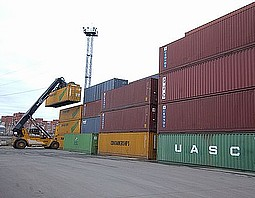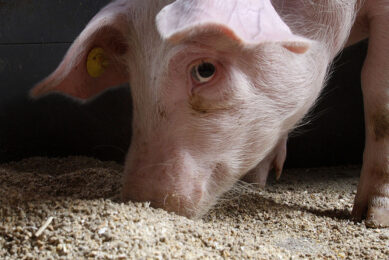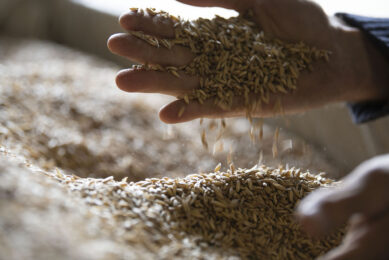Russia may block grain trade port access

Russia’s plans for a state-owned grain trading company could make life difficult for existing international exporters by blocking access to some ports and other logistics.
Speaking on the sidelines of the International Grain Trade Conference, Nikolay Demyanov, deputy general director at Glencore International SA’s Russian arm, said the Russian government’s United Grain Company has a share in Russia’s largest port, Novorossiisk, situated on the Black Sea and used by international grain trade houses exporting Russian wheat.
“There is a risk we won’t be able to use the port,” said Demyanov. “The government has a monopoly for grain certification… and owns the pools of rail cars.”
About 3 million metric tons of wheat exports pass through Novorossiisk a year and other major trade houses using the port include Bunge and Louis Dreyfus, said Demyanov.
State grain trading company
Last week, the Russian government signed a decree to prompt the establishment of a state-owned grain trading company within nine months, Demyanov said.
However, while the Russian state has refuted claims it is creating a monopoly for grain trade, the planned structure of the company remains unclear.
So far in preliminary conversations with government officials they have said there will be no restrictions made on international trading companies, but “in reality we don’t know,” said Demyanov.
The United Grain Company is expected to hold a public offer for private companies to become involved, to create a trader with both public and private participation (with the government holding a “blocking stake”).
However, Demyanov warns that for any private business to be interested there needs to be more clarity on the company and its strategy.
A likely role for the company is to export some of Russia’s growing grain stocks.
Large carry-over stock
The Russian government has been steadily buying wheat off the domestic market, with around 7.5 million tonnes expected to be purchased per year in 2008/09 and 2009/10.
Demyanov estimates Russia will have “gigantic” carry-over stocks of around 21 million tonnes of wheat by the end of the 2009-10 marketing year, up from around 13 million tonnes in 2008-09.
Export subsidies are one way the government could try and shift some wheat, an idea which is expected to be reviewed in the coming months, to ensure there will be room to store the new crop.
Glencore estimates its grain exports from Russia will total around three million tons – between 15% and 17% of the Russian market – for the 2008-09 marketing year, said Demyanov.
Source: CME Group











